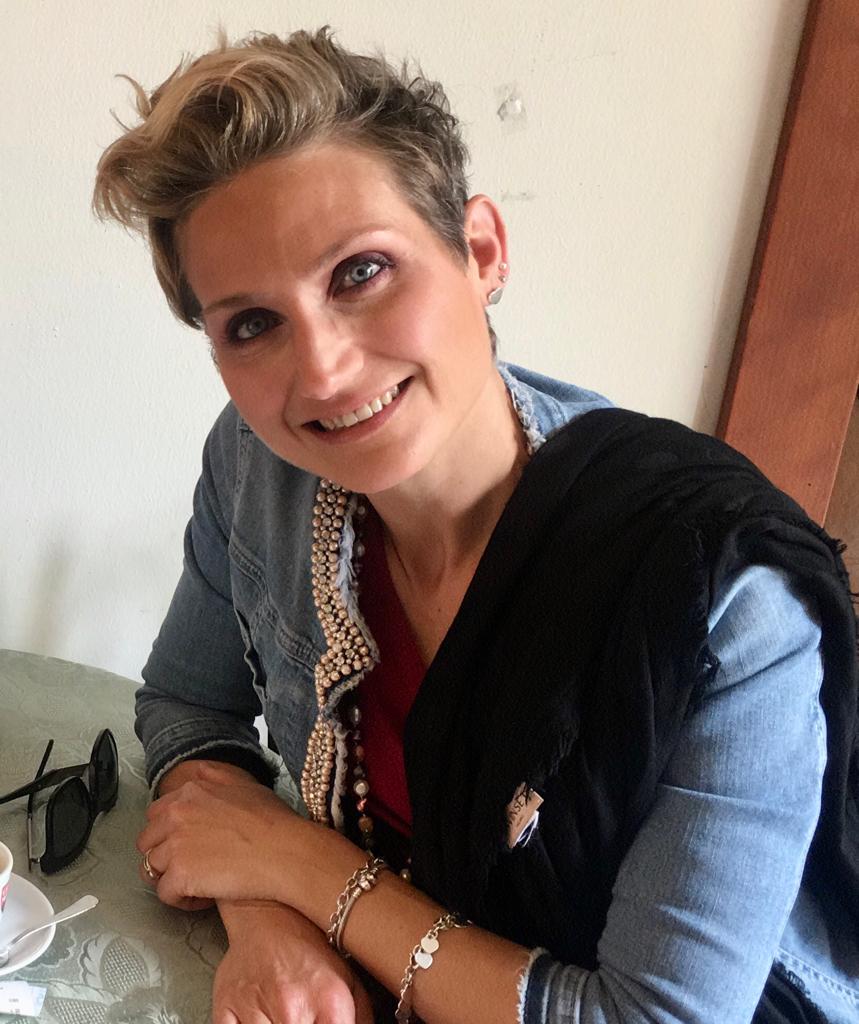February brings a new edition of our so beloved “The Spotlight Series”.
Tania Terrazzani, partner of INAC Italy, is our fifth guest and we are so excited to have her here with us.
Tania graduated in Philosophy summa cum laude from the Università Statale of Milan. Tania has extensive experience as an Executive Search in Banking, Insurance and Real Estate. She started her career as a Head Hunter, specialized in Banking and Insurance. She then went on to be a Deputy Head for Italy in a British Executive Search company dedicated to Banking and Finance. Nowadays, Tania runs the Banking, Insurance and Real Estate practice of her company.
When Tania is not working, she dedicates her time to some very interesting activities, some more radical, and some more spiritual, but none the less, very good choices!
Why Executive Search and If you didn’t end up in Executive Search, what would you ended up choosing instead?
I could say I stumbled upon Executive Search because after University I didn’t know what I would do. But – case or destiny – the truth is, that my philosophy studies could only lead me to a profession that is, in a certain sense, a meta-profession. I help others find their profession and face new professional challenges. It is a higher view – a look from above and philosophy teaches this (in its broadest sense). By the way, if I did not end up in Executive Search, I probably would have become an astronaut as this was my dream. But as you can see, this is another way of seeing from above.
Executive Search is all about meeting and establishing a connection with people. With so many years of experience, do you have any advice for the younger generation that is now starting to create their own path?
My suggestion is to love what they choose to do, whatever it is.
About this specific work, when you love this job, that is just really about making a connection with people (both clients and candidates), the people you meet feel this intention – it’s something like an “aura”. Be exactly where you are, just experiencing the moment, the intensity and the presence. There is nothing more.
In your day-to-day life you end up meeting top tier executives and highly motivated professionals with an impeccable track record. Given the current circumstances, do you believe that we may be facing a shift in terms of what companies and organizations are looking for in a candidate?
I think that organizations will seek more and more resources with an entrepreneurial spirit, more flexible and autonomous. The smart working that is imposing itself, also in Italy, requires it. Working towards goals and knowing how to organize oneself will be key skills combined with the ability to listen to others, even if they are far away, and to catch weak signals even in the distance. This is especially for leaders who will have to learn the art of guiding others without direct control. But on this point we are all on the way and we must be ready to question ourselves every time.

Executive Search sometimes leads to very hectic and intense work schedules. What keeps you balanced outside work?
It is a habitus. It is Reiki, which I have been practicing since 1997 in a continuous spiritual path that informs professional and non-professional life. You care for others and yourself, and you are dealing with the cosmic force that surrounds us. When you understand that you are part of something larger, your outlook on life changes drastically and everything takes on a different meaning – much more beautiful.
Along these series we have been discovering a more adventurous side of our guests. We heard that you also practice a more “radical” hobby. Care to share?
I love skating! And reading…
Besides Executive Search, what fulfils you?
Over time, I have learned to appreciate the journey more than the destination. So I’m sure I can always have some moments of happiness and contentment. Translated into our profession, the journey is meeting a single candidate today, while the goal is the conclusion of the research. So I try to stop in every conversation, enrich myself with it and the rest will come.
You have helped so many finding their dream job, do you feel that they have helped you find something in life as well?
It is always an exchange – the latin “do ut des”. The relationship is a flow between two elements, in our case, it’s us and the candidates. I think the most amazing thing was always giving a chance and not stopping at the first impression. Having more opportunities of confrontation with a candidate helps to see him/her in action and to grasp very useful weak signals.
INAC has been part of your life for so many years now. How has this “relationship” shaped your professional and personal path/growth?
INAC and the many partners represent a look at the world outside the domestic perimeter. Exchange and comparison is what I bring with me, in a reciprocal dialectic of enrichment.
What has been, so far, the biggest life lesson you received?
Good question… Stephen Hawking seems to have said that without imperfection we would not exist, and I think it’s a beautiful provocation, especially for the younger ones. Which means, not being afraid of making mistakes but always taking the opportunity to learn.





